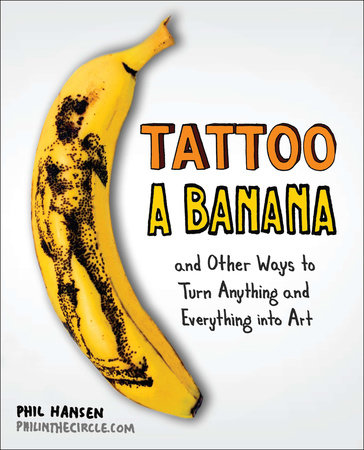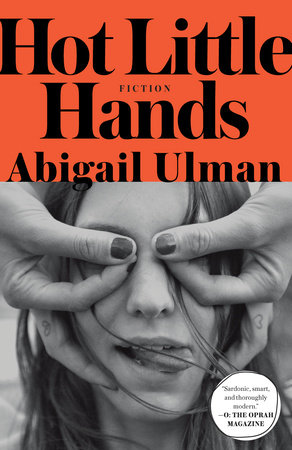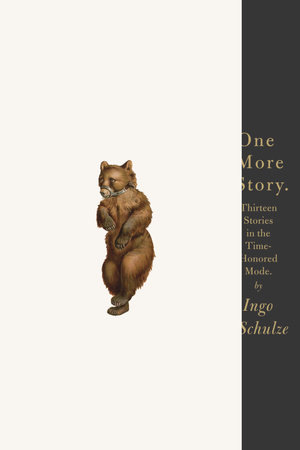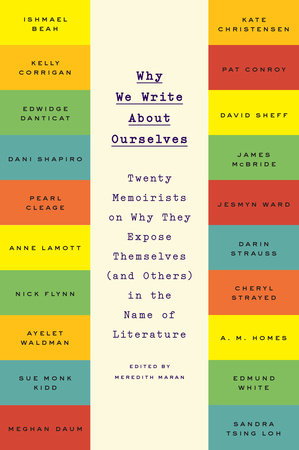“Masterly.” —The New York Times
“It is hard to resist Ludmilla Petrushevskaya’s darkly comic new collection of novellas. . . . Brilliant, piercing . . . Unsparing and unsettling . . . Surprising . . . emotionally resonant . . . Beautifully textured . . . Petrushevskaya’s fiction [offers] a glimpse of what it means to be a human being, living sometimes in bitter misery, sometimes in unexpected grace.” —Jenny Offill, The New York Times Book Review (Editor’s Choice)
“To say it stuns is an understatement. . . . Petrushevskaya’s portraits of mothers in extremis will make you reel.” —The Atlantic
“Petrushevskaya, now seventy-six and finally attracting the readership she deserves, [has] a ringleader’s calm mastery of the absurd.” —The New Yorker
“Dark, fantastic, and utterly startling.” —Vogue.com, “The 8 Best Under-the-Radar Books for Fall”
“Petrushevskaya’s short stories are painfully good.” —Kelly Link, The New York Times Book Review
“Petrushevskaya is the Tolstoy of the communal kitchen. . . . She is not, like Tolstoy, writing of war, or, like Dostoevsky, writing of criminals on the street, or, like poet Anna Akhmatova or novelist Aleksandr Solzhenitsyn, noting the extreme suffering of those sent to the camps. Rather, she is bearing witness to the fight to survive the everyday. . . . [She is] dazzlingly talented and deeply empathetic.” —Slate
“Very strong and sad.” —Margaret Atwood, on Reddit
“Frightening, infuriating, unforgettable . . . These novellas . . . flash into your mind, like portraits done in lightning, and then . . . they stay there.” —Minneapolis Star Tribune
“Surreal and yet strikingly direct portrayals of family life in modern Moscow . . . Brimming with black humor and bitter sparkle . . . [Petrushevskaya is] subversive and brilliant. . . . English-speaking readers are lucky to have another translation of [her] work at their disposal, and this collection will leave them eager for more.” —Shelf Awareness
“Infernal, haunting monologues . . . [A] gimlet-eyed appraisal of humanity . . . Bewitching.” —Kirkus Reviews
“An important if disturbing work, one of the few translations available focusing on the domestic life of Soviet Russia and one of the most challenging examples of ‘women’s fiction’ available in English.” —Library Journal
“In her best work Petrushevskaya steers a sure course between neutrally recording the degraded life of the Soviet-era urban underclass and ratcheting up the squalor of that life for the mere pleasure of it. She does so by the steadiness of her moral compass and the gaiety of her prose.” —J. M. Coetzee, winner of the Nobel Prize in Literature
“We are likely to hear a lot more of this woman. Some October, perhaps, from the Nobel Prize committee.” —The Nation
“This celebrated Russian author is so disquieting that long after Solzhenitsyn had been published in the Soviet Union, her fiction was banned—even though nothing about it screams ‘political’ or ‘dissident’ or anything else. It just screams.” —Elle
“Petrushevskaya writes instant classics.” —The Daily Beast
“One of Russia’s best living writers . . . Her tales inhabit a borderline between this world and the next.” —The New York Times Book Review














